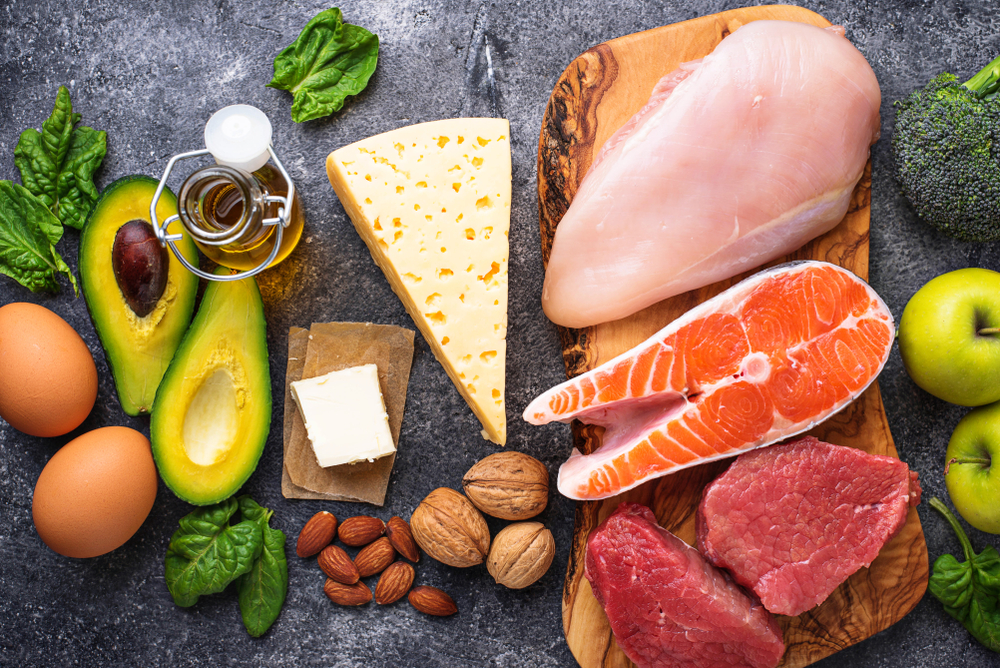4 Blunders To Avoid When Undertaking A Diet And Weight Loss Program
The journey toward attaining a healthy body weight can seem extremely tough. However, it is important for every individual to view and work on the same with much emphasis as it contributes to their well being. While most people try to lose weight during various points in their life, they may find the struggle to be counterproductive. Maintaining the ideal weight is a result that can be best reaped by following consistency in the right diet plans and by exercising regularly.

While most people indulge in merely counting calories, it is essential to note that weight loss comprises so much more. In some cases, everything may seem to be right yet one may not see the expected results. It is possible that there are practices that are hindering the progress expected from a diet and weight program. Here are some possible mistakes that can inhibit the results:
Focusing on scale weigh – A lot of people may feel the scale isn’t showing different results from the last time, despite strictly following the diet and weight program. However, the scale provides just one measure of the change in weight. The body weight is found to fluctuate throughout the day because of several types of hormonal imbalance and water retention. One must also use a tape measure to understand how much fat is being lost or gained.
Skip meals – Skipping meals can be viewed as one of the most convenient ways to cut down on the weight gain. However, this is one of the worst routes to adapt as it does more damage than good. All meals, especially, breakfast is essential, as it regulates metabolism and prevents cravings during the day.
Excess liquid calorie consumption – A mistake that several individuals undertake when following a diet and weight program is the consumption of excess beverages. Liquid foods may be believed to have lesser calories than foods which are solid. However, beverages such as soda, tea, coffee, and juices can lead to weight gain. Drinking liquids cannot substitute or satiate hunger and may lead to a decreased rate of metabolism.
Dropping high-fat foods – There is a misconception that surrounds fatty foods. While diet and weight programs may encourage the consumption of low-fat foods, fatty foods must not be entirely eliminated. Low-fat foods may be considered to be a good choice but can have an opposite effect when they are processed. They may be loaded with unhealthy ingredients to make them tasty. Thus, one must opt for the right combination of foods such as almonds, coconut oils, and olive oil with healthy fats due to the essential part they play in maintaining good health.
Losing or even gaining weight is a result of the perfect amalgamation of practices that extend beyond just anti-inflammatory or keto diets and exercises. Most people are tied down by misconceptions that associate the consumption of calories with weight. The understanding of the common misconceptions and maintaining a body weight chart will help one get the best of their diet and weight program.




